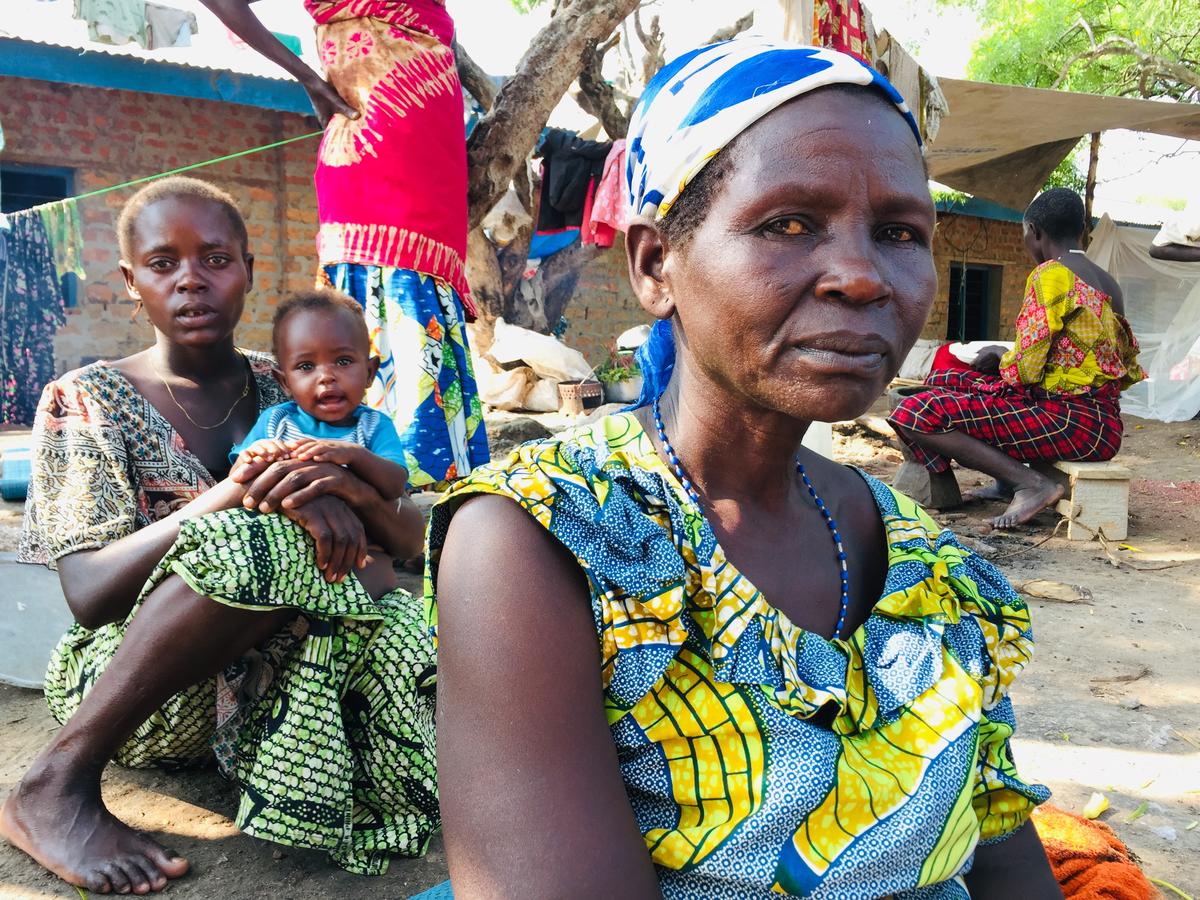Afghan regional leaders agree to end ethnic strife
Afghan regional leaders agree to end ethnic strife

MAZAR-I-SHARIF, Afghanistan, Feb 28 (UNHCR) - Senior officials representing northern Afghanistan's main political and ethnic factions agreed Friday to improve security and work to end ethnic tensions in the north during the first-ever meeting of Afghanistan's Return Commission, opened by UN refugee agency chief Ruud Lubbers.
The inaugural meeting of the Return Commission, which was chaired by the Minister for Refugees and Repatriation, Enyatullah Nazari, included the region's main commander, General Abdul Rashid Dostum from the Jumbush party, General Ustad Atta Mohammad from the Jamiat party, and the Hezb-e-Wahdat party's local head, Saradar Saeedi.
Lubbers opened the meeting held in the local offices of the Ministry of Foreign Affairs by encouraging the leaders to set an example for their people, and to ensure that their supporters on the ground treat local communities with respect.
"This is a challenge for you to prove to the world that people can live in safety and dignity in the country," Lubbers told the leaders.
This was the first time the region's three most important party chiefs had come together specifically to discuss the issue of ethnic strife that has driven many thousands of Afghans from some areas in the north. Representatives from the Afghan Human Rights Commission and the UN Assistance Mission to Afghanistan (UNAMA) also attended the meeting.
Lubbers said that by promoting peace and ending ethnic tension, the north's main political parties would attract displaced Afghans back home, not to mention development aid to restore the area's infrastructure and shattered economy.
"If they [displaced Afghans] trust you, they will come home and that is the key to your future," said the High Commissioner.
The meeting is the first in a series of government-sponsored Return Commissions to explore ways to help displaced Afghans return to their communities. But continuing ethnic tension in some parts of Afghanistan is a major impediment to return and development aid, UNHCR has warned.
In a stern message for Afghans to work towards the future, Lubbers told the leaders at Friday's meeting, "Return is about today and the future, it should not be about the past."
Under an accord signed by the three tribal leaders following the meeting, they agreed to broadly publicise the groundbreaking agreement. They also said that they would take measures against any of their local commanders who do wrong.
UNHCR estimates that there are more than 700,000 displaced people in Afghanistan, the majority of them driven from their homes by the record-long drought that still affects many areas of the country. Up to 15 percent of the 400,000 displaced Afghans living in the southern provinces are ethnic Pashtuns originally from the north.
This year, the UN refugee agency plans to help 1.2 million refugees and 300,000 internally displaced Afghans to return home, a goal that could be stymied should the Afghan government and political leaders fail to find a way to quell ethnic tensions still bubbling in some corners of the country.
Lubbers arrived in the northern Afghan city of Mazar-i-Sharif together with Minister Enayatullah Nazari after a 12-hour road trip from Kabul. The High Commissioner had tried to fly into the northern city on Wednesday and Thursday, but his helicopter had to turn back due to bad weather.
Following his visit to Mazar-i-Sharif, Lubbers will stop in Pul-i-Khumri before proceeding to Kabul on Saturday. On Sunday, he will move on to Pakistan and Iran in his fourth mission to the region since taking office in 2001.
The UN refugee agency needs $195 million this year to help Afghans return home and to rebuild 60,000 homes. Donors have so far provided only $24 million.









